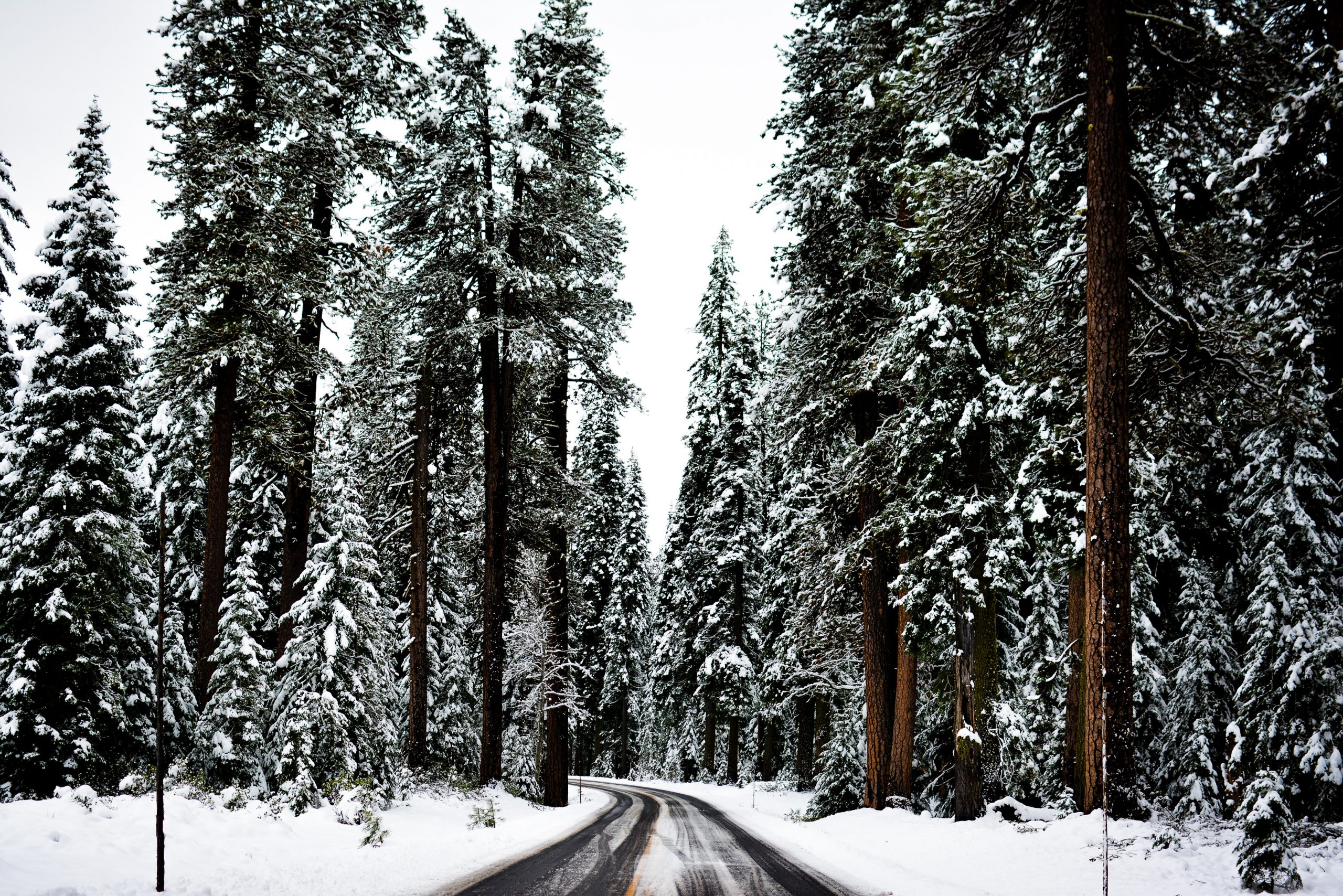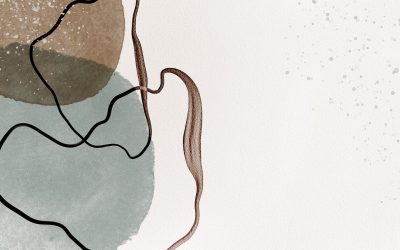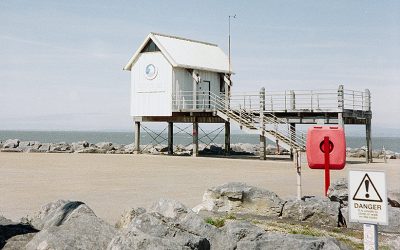The winter webinar, held on 10th December 2020 offered an opportunity for members and associates of CeMoRe to come together and explore the theme of its new 5 year programme to address the climate emergency. The event involved nine talks, each lasting 5 minutes, provided by Lancaster’s CeMoRe members new and old with multiple opportunities for discussion.
I attended the webinar as a new PhD student in CeMoRe. In my PhD work I am researching the agency of children in climate change policy, but my interest in climate change is much broader than just this, so I was intrigued to see the discussion that emerged.
The webinar discussed the potential impacts of climate change on mobilities including the vital mobilities of medical supply chains (Stephanie Sodero); business mobility and air travel (James Faulconbridge) ; how the experience of driving has and will develop overtime (Lynne Pearce); and the ability to move in areas struck by disaster (Nikki Pugh).
In fact, with many of the mobilities discussed having been negatively impacted by COVID-19 and the likelihood of the infrastructures entailed being impacted by climate change; in reflection, a key theme of the webinar was in fact that of immobilities. In this respect, the webinar offered an opportunity for reflection on the immobility created this year by COVID-19. It posed the question, how much do we value mobility? And to what extent do we need to be mobile? For certain there are some things COVID-19 has proven I can happily live without.
One of the first talks to touch on this theme was Jonnet Middleton’s discussion of ‘Immobile ontologies: On going nowhere in Cuba’, she spoke about the economic and geopolitic restrictions Cubans face. Jonnet considered the potential for conceptualising a decarbonised mobility, leaving the group to consider the question: in a decarbonising world, how mobile do we need to be?
For me, David Tyefield’s discussion of ‘Moliberty: initial thoughts on a research agenda for mobilities and climate emergency’ offered some deliberations on Jonnet’s question by emphasising the importance of liberty in decision making surrounding (reduced) mobilities. In what emerged as a prominent theme of the session, justice and liberty, it was highlighted that the changing of mobility systems as a direct result and in response to the climate emergency, are not all equal and fair; and as such, the concept of liberty, and the ability to choose what individuals give up should be at the forefront of mobilities research in the climate emergency.
Perhaps unexpectedly, another emerging topic covered in the webinar was that mobilities in the climate emergency is a very emotive subject. From a growing sense of loss for the environment and a rise in climate anxiety (presented in Nicola Spurling’s ‘What does, will or must disappear?: Pieces of thought on ‘loss’ as a novel climate emergency-mobilities agenda.’) to the guilt associated with driving and flying (mentioned by both James Faulconbridge and Lynne Pearce); how these feelings will (if at all) affect our decisions about our own mobility holds significant meaning in research surrounding and responses to the climate emergency.
Overall, the webinar provided much discussion over what felt like important BIG questions, perhaps not all ones that we can fully answer in only 5 years, but definitely provided topics of huge potential for CeMoRe as it embarks on its programme of research into the Climate Emergency. For me, as a brand new PhD student, where every article I read seems to open up more possibility for research, the webinar was a great opportunity to listen to what other academics are working on and offered much food for thought surrounding my own project.
The event was a great success, with new opportunities and insights provided by all participants.
CeMoRe would like to thank all attendees and in particular, speakers:
James Faulconbridge, Stephanie Sodero, Jonnet Middleton, Manu Hohnekamp-Bruggemann, Lynne Pearce, Nikki Pugh, Monika Buscher, David Tyefield and Nicola Spurling.
Wishing you all a very safe and happy Christmas and New Year.




